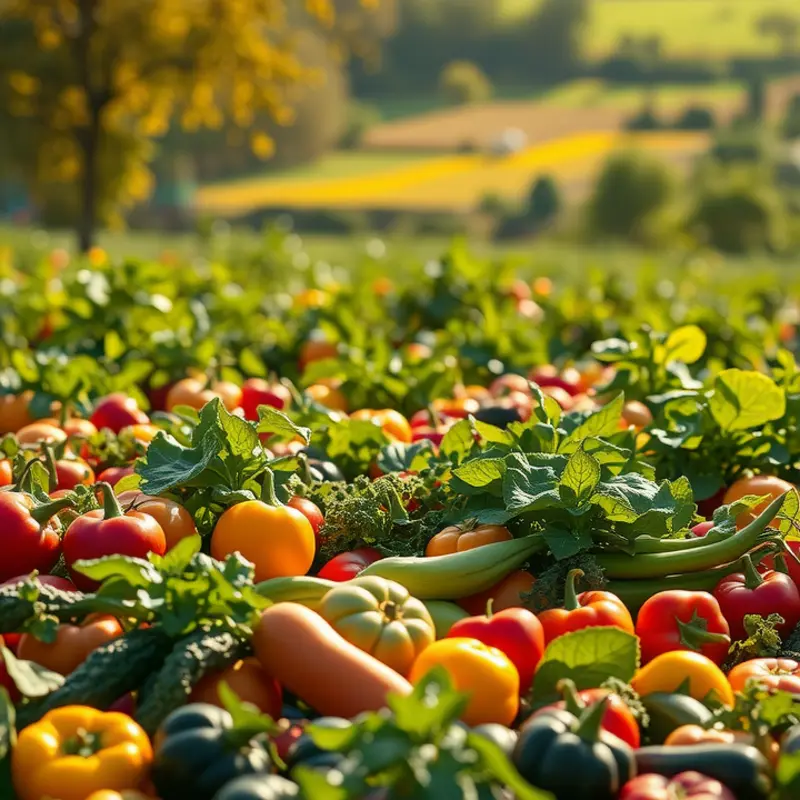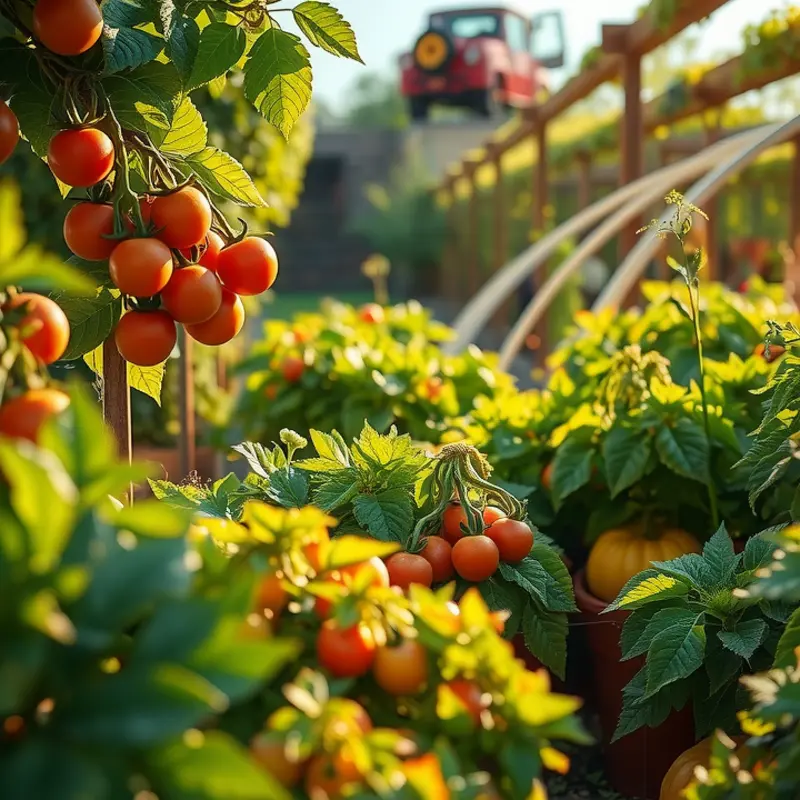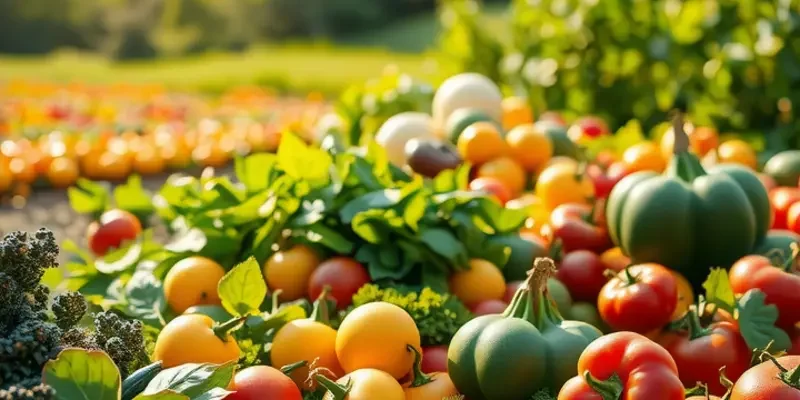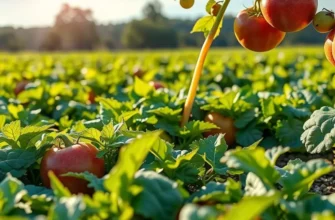Embracing eco-conscious practices in the kitchen not only promotes sustainability but also enhances food safety and management. With the rise in awareness around food waste and environmental responsibility, implementing practical strategies at home can make a significant impact. This guide provides actionable tips for safely storing food, reducing waste, and optimizing your kitchen’s food management to create a healthier, more sustainable living environment.
Smart Food Storage: Safeguarding Freshness and Safety

Smart food storage is a cornerstone of eco-conscious kitchen safety. Extending the freshness of produce reduces waste and supports sustainability. Begin by understanding the optimal conditions for different types of food. Fruits and vegetables, for instance, have specific storage needs. Refrigeration can be detrimental to certain items like bananas or tomatoes. Knowing these nuances ensures longer shelf-life and less spoilage.
Temperature control is vital. Keep your refrigerator set at 37°F (3°C) to effectively slow bacterial growth. The freezer should maintain 0°F (-18°C) to preserve food quality. Regularly check these settings using a thermometer. Additionally, avoid overloading as this obstructs air circulation, leading to uneven cooling.
Proper organization is equally crucial. Group similar items together and utilize clear containers to easily identify contents. Label each container with dates to track freshness. This practice minimizes confusion and prevents food from languishing unnoticed.
Choosing sustainable storage materials impacts both food safety and environmental footprint. Embrace the use of glass containers or stainless steel instead of plastics. These materials are not only durable but also avoid leaching harmful chemicals into food. If plastic is necessary, opt for BPA-free options.
Moreover, consider adopting reusable wraps made from beeswax or similar eco-friendly alternatives. These offer an excellent way to cover leftovers without resorting to disposable options like plastic wrap or aluminum foil.
Utilize your pantry wisely by storing bulk purchases in air-tight containers which prevent exposure to light, moisture, and pests. Integration can be key—strategies such as eco-smart kitchen storage enrich your approach by reducing waste and promoting reuse.
A critical aspect often overlooked is the thawing process. For safety, always thaw food in the fridge, in cold water, or in the microwave—not on the countertop. This prevents bacterial growth that can occur at room temperature.
Efficient use of your storage capacity can make a significant difference. Rearrange shelves to accommodate various packaging sizes and minimize empty space. This not only maximizes storage but also reduces energy consumption as a cooler, well-spaced fridge runs more efficiently.
Smart food storage transcends mere organization. It’s about harmonizing safety, sustainability, and practicality, forming a foundational element of an eco-conscious kitchen. By implementing these strategies, you support a healthier home environment and contribute to global sustainability initiatives.
Waste Not: Strategies for Effective Food Management

Effectively managing food in your household is key to minimizing waste and maximizing the value of groceries. The foundation of eco-conscious food management is a solid meal plan. Establish a weekly menu that revolves around ingredients you already have. This ensures that nothing goes to waste and reduces unnecessary purchases. Before heading to the grocery store, check your pantry and fridge to see how you can incorporate existing items.
Sticking to a shopping list is an essential step in avoiding impulse buys. Make a habit of updating it regularly based on your household’s needs, and ensure to include quantities to prevent over-buying. Consider the seasonal produce as they are often cheaper and fresher, which enhances nutrition and reduces the environmental impact of long-haul food transport.
When it comes to leftovers, creativity is your best friend. Transform last night’s dinner into a new meal. For instance, a stew can become a pie filling, or roasted vegetables can top salads or pizzas. Consider implementing a weekly ‘leftover night’ where your family enjoys a variety of meals made from the week’s uneaten portions.
Proper storage of food can extend its shelf life significantly. Learn how to store fruits and vegetables correctly, like keeping bananas separate from other fruits to slow ripening. For more tips on storing perishables safely and efficiently, explore resources like this eco-smart kitchen storage guide.
Freezing is another technique that can help reduce waste. Many food items can be frozen to extend their life span, from bread to fresh herbs. Invest in a selection of quality storage containers to help you organize your freezer efficiently. Label frozen items with dates to keep track of freshness.
Composting is a beneficial practice for scraps that inevitably occur. Vegetable peels, coffee grounds, and even paper towels can return nutrients to the earth through composting. It reduces landfill contributions and can help maintain a healthy garden soil.
Finally, engage your family in the task of minimizing waste. Educate children about the importance of not wasting food and involve them in meal planning and preparation. This fosters a sense of responsibility and ensures everyone is on the same page.
Mastering these strategies will enhance both sustainability and economy in your kitchen. They support a lifestyle where less goes to waste and every meal is an opportunity for innovation.
Final words
Incorporating eco-conscious practices into your kitchen creates a safer, more sustainable environment for your family. By implementing smart food storage techniques, you enhance food safety and reduce waste effectively. Simultaneously, effective food management practices allow for creativity in meal preparation and better use of groceries, preventing unnecessary waste. Together, these steps not only promote a healthier planet but also contribute to your household’s overall efficiency and cost management. Start small, and everyday changes can lead to impactful results over time.







